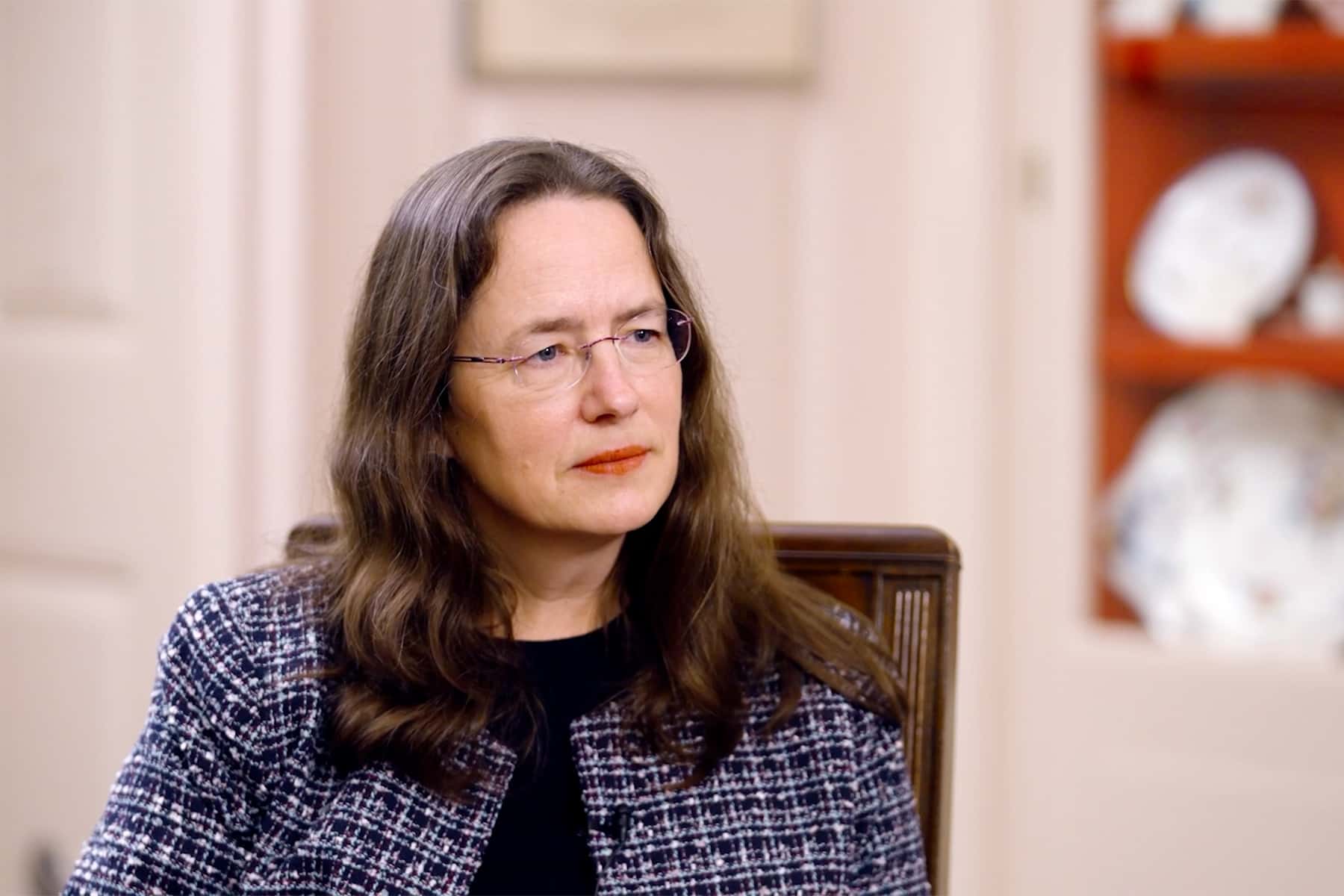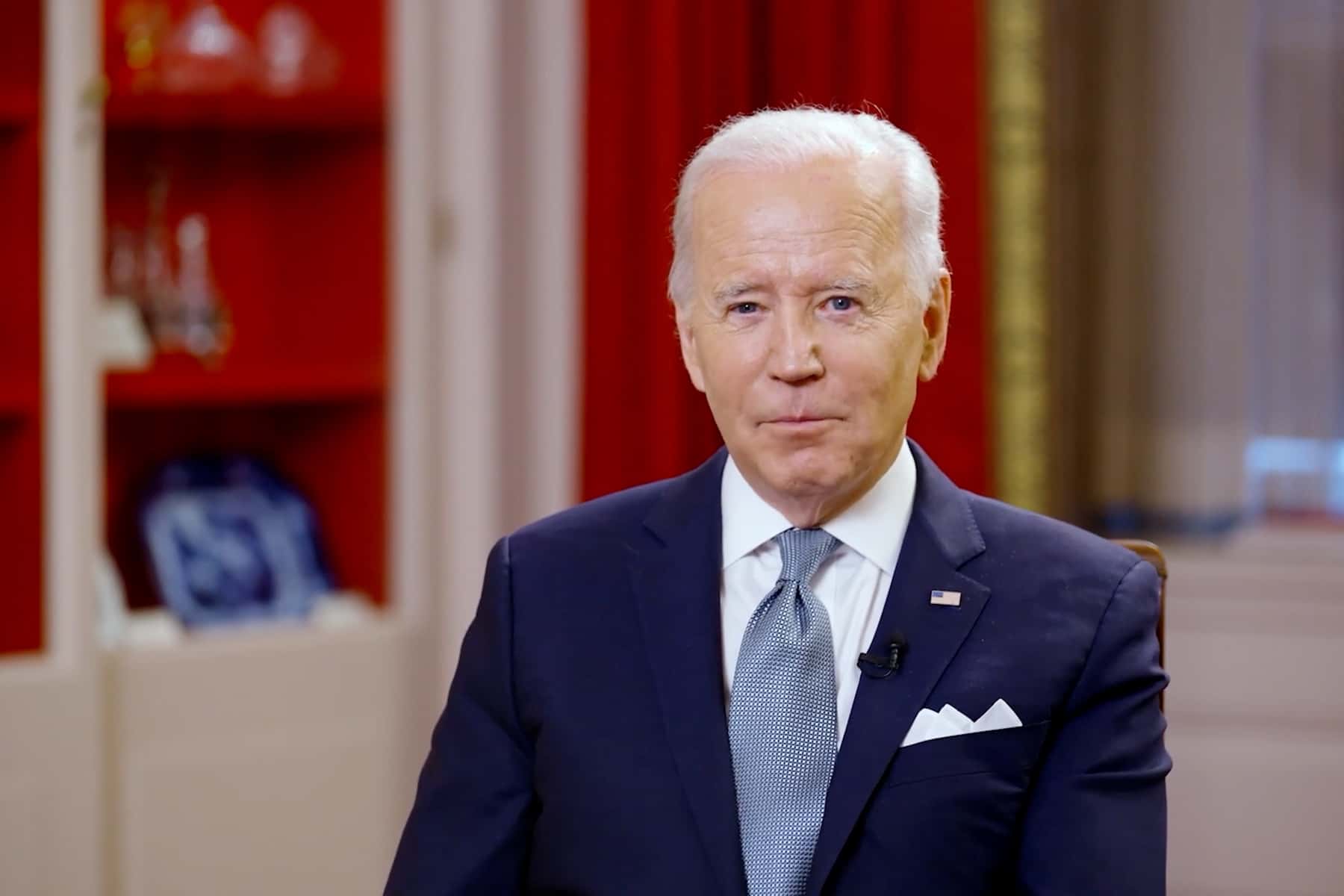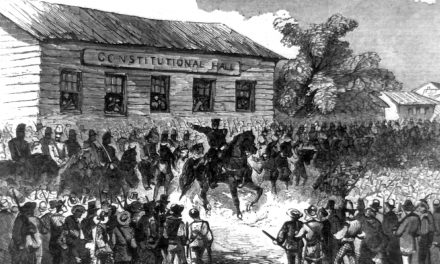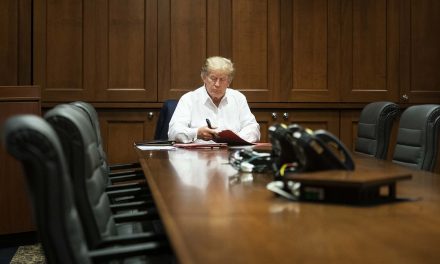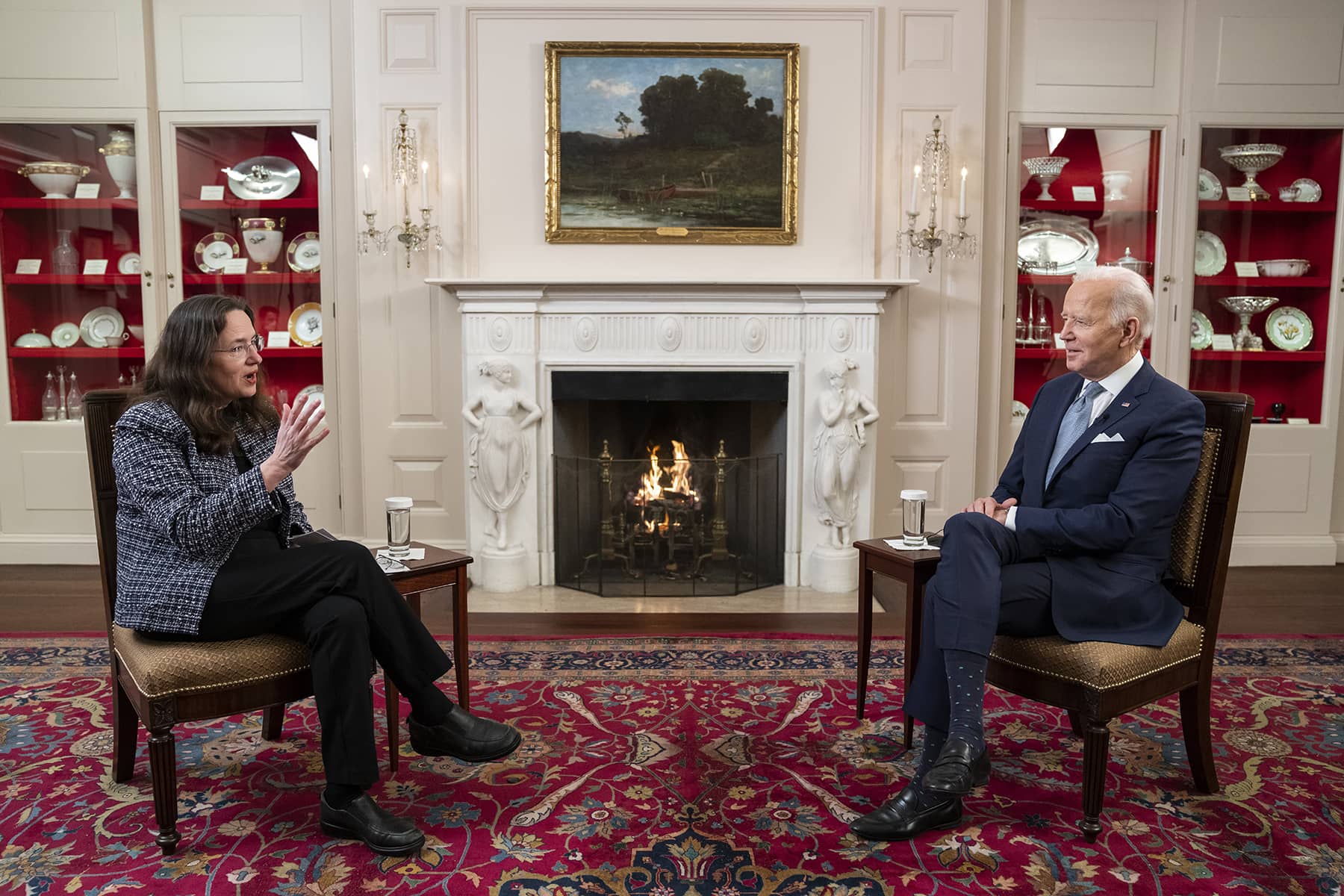
Every day, people write to me and say they feel helpless to change the direction of our future. I always answer that we change the future by changing the way people think, and that we change the way people think by changing the way we talk about things.
To that end, I have encouraged people to speak up about what they think is important, to take up oxygen that otherwise feeds the hatred and division that have had far too much influence in our country of late.
Have any of your efforts mattered? Well, apparently some people think they have. President Biden’s team reached out to ask if I would like some time with him to have a conversation to share with you all. On February 25, I sat down with the president in the China Room of the White House to talk about American democracy and the struggles we face.
It was an amazing time to be able to talk to the President. Russian president Vladimir Putin had just attacked Ukraine, Biden was preparing to give his first State of the Union address, and the president had just made the historic announcement of the nomination of Judge Ketanji Brown Jackson for a seat on the Supreme Court.
But I did not want to ask the president about anything I could learn from other publicly available sources — I already read those every day to write my Letters from an American. I wanted to hear from a historic figure in a historic time about how he thinks about America in this pivotal moment, to put the specifics of what he does in a larger context.
In my books, I have argued that throughout our history, America has swung between the defense of equality outlined in the Declaration of Independence and the defense of private property outlined in the Constitution.
Our peculiar history of racism has meant that every time it seems we are approaching equality before the law, those determined to prevent that equality have turned people against it by insisting that government protection of equality will cost tax dollars, thus amounting to a redistribution of wealth from those with property to those without. That is, if Black and Brown Americans, and poor people, are permitted to vote, they will demand roads and schools and hospitals, and those can be paid for only by taxes on people with money. In this argument, an equal say in our government for all people amounts to socialism.
With this argument, those defending their property turn ordinary Americans against each other and take control of our political system. Once in power, they rig the system for their own benefit. Money flows upward until there is a dramatic split between ordinary people and those very few wealthy Americans who, by then, control the economy, the government, and society.
This point in the cycle came about in the 1850s, the 1890s, the 1920s, and now, again, in our present. In the past, just when it seemed we were approaching the end of democracy and replacing it with oligarchy — and in each of these periods, elites literally talked about how they alone should lead the country — the American people turned to leaders who helped them reclaim democracy.
We know these leaders from our history. Presidents Abraham Lincoln, Theodore Roosevelt, and Franklin Delano Roosevelt all have entered the pantheon of our leaders because of their defense of democracy in the face of entrenched power. But all of those presidents became who they were because they rose to the challenge of the pivotal moments in which they lived. They worked to reflect the increasingly loud voices of the majority of the American people.
James Buchanan, William McKinley, Herbert Hoover, and Donald Trump did not. And now President Biden stands at another pivotal moment in our history. What he does in this moment will reflect what the American people demand from his leadership.
So do your voices matter? He wouldn’t have taken the time in the midst of such an important day in America to talk to you if they didn’t. Here is what he has to say.
Аdаm Schυltz
Heather Cox Richardson / The White House
Letters from an Аmerican is a daily email newsletter written by Heather Cox Richardson, about the history behind today’s politics

